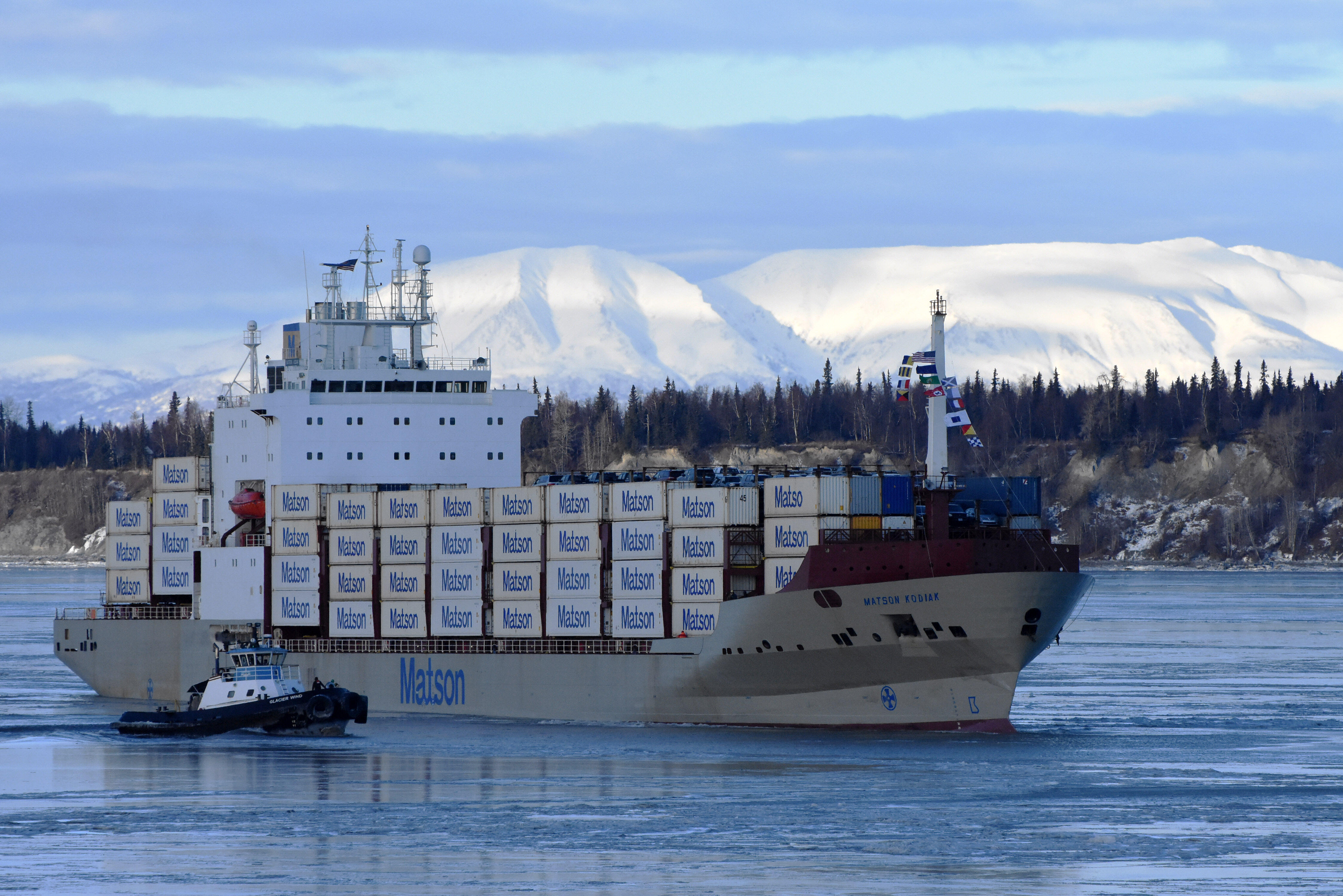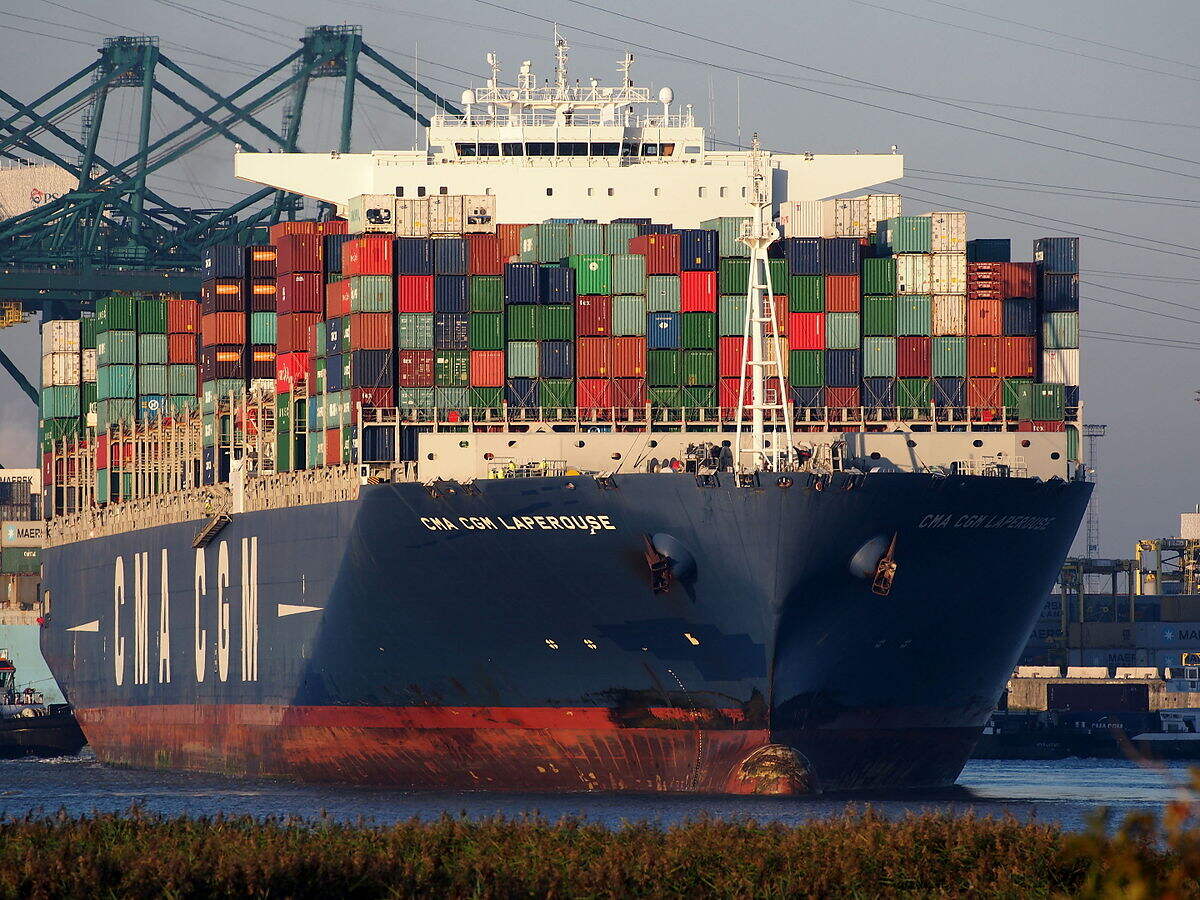Reduced Risk of Damage and Loss
When using LCL sea freight, the risk of damage and loss in transit is reduced.It is coming at such a time and not only after just 1 or 2 days.On the frequently handled LTL (Less Than Truckload), goods were loaded and unloaded from intermediate points.In LCL shipments, once the container has been loaded at the consolidation depot, it will remain locked until arrival.This reduced handling not only lowers the risk of physical damage but also means that the chances for cargo theft or missing in transport are minimized dramatically.For businesses that are handling high-value or fragile items, this feature of sealed cargo provides peaceand reassurance. For all I know their products must arrive in good order without any damage to them at all.


